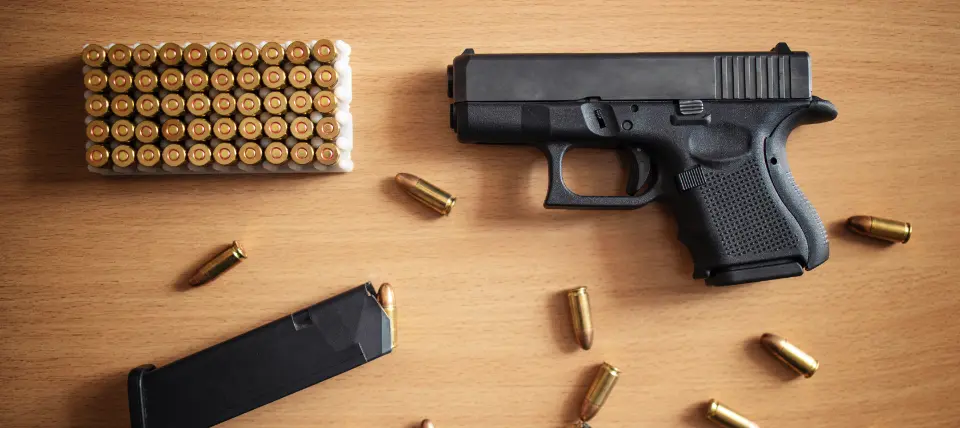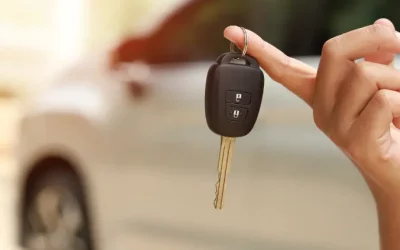
If you a Nevada resident, you are probably aware that we have more lenient laws than most states. Things like prostitution and gambling are illegal in many states, but not here. But what about gun laws? How strict are they? Let’s break it down.
The state of Nevada allows for anyone over the age of 21 to purchase a gun, or 18 if they are in the military, without needing a permit or registration. Additionally, there are no restrictions on long guns, such as rifles, or automatic weapons, such as assault rifles. The only laws Nevada does enforce concerning guns relates to Carrying a Concealed Weapon, or CCW. Currently, there are no restrictions on open carry.
What is an “open carry”?
An open carry is defined by the practice of openly carrying a firearm in public. Now, this doesn’t mean you can run around with a Desert Eagle in your hands. The term “carry” means carry in a holster or sling where it can be easily accessed by the owner. Drawing the weapon, or holding it in public, is generally called “brandishing” and can be punishable by law if it is done in a rude or menacing way. This also allows for handguns and unloaded long guns to be present in a vehicle, whether or not they are visible.
Carrying a concealed weapon
While it is perfectly legal to openly carry a firearm, residents of Nevada and non-residents visiting the state are required to obtain a permit if they want to carry a firearm that is hidden, or not visible to the public eye. Again, this does not apply to vehicles, unless the owner is looking to conceal the weapon on their body while in a vehicle. To obtain the permit, one must meet the following requirements:
- Be at least 21 years old
- Be a lawful resident of the United States
- Not be a fugitive
- Not have been judicially declared mentally incompetent or insane
- Have a clean record
So, why should I carry?
Carrying a firearm is done mainly for protection. Any citizen wishing to arm themselves against a possible threat is able to do so, and for many Nevada residents, this is an extra measure of safety. Another reason people might carry a firearm is to be able to use it for hunting or target practice. In this case, having the gun on you is simply to transport it to the spot where the shooting will take place. Either way, open carry laws do not discriminate about what reasoning you have behind having the firearm, they only limit your ability to hide it on your person. While some people may not see a need to carry a firearm for protection, the law still stands and while it does, carrying a pistol, rifle, shotgun or other type of firearm is completely legal, as long as it is visible to the people around you.
There are a series of specific rules relating to not having any felonies, violent charges or DUIs, but in the effort of saving time I chose not to copy them word for word. If you are interested in reading the specific requirements for obtaining a CCW, you can read them all here:



